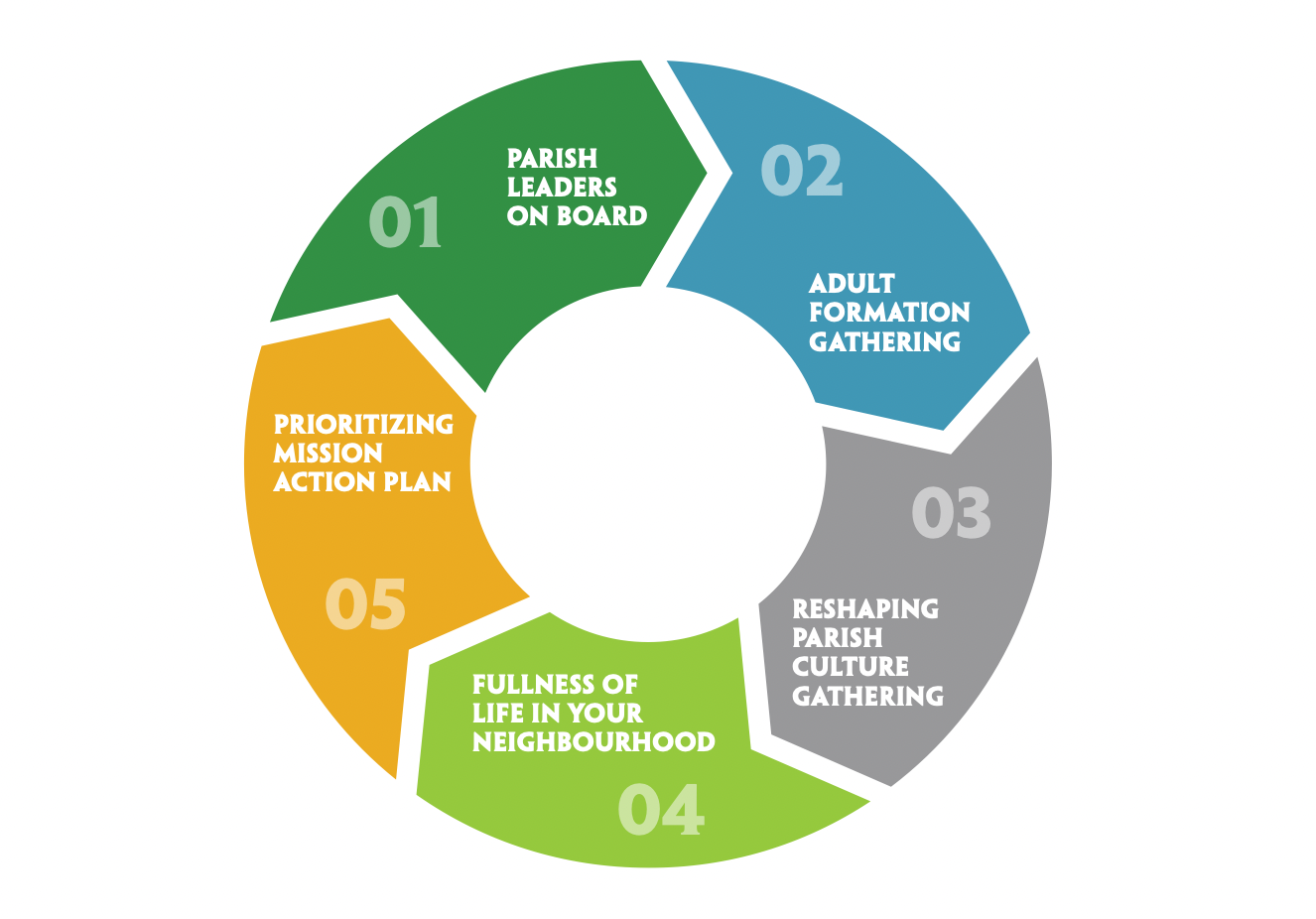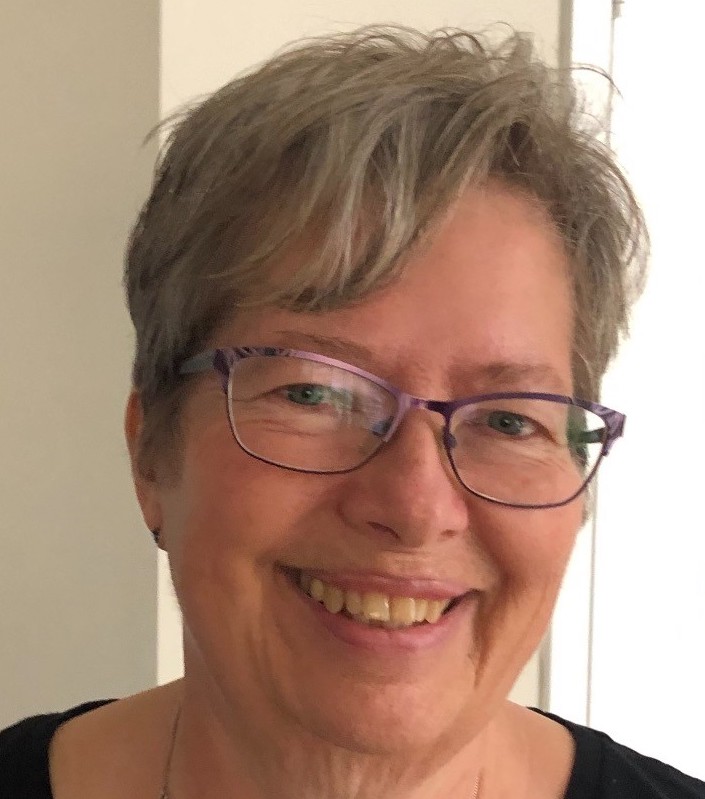Having hosted two Zoom Parish MAP orientation sessions, responded to calls from rectors and potential parish facilitators, and facilitated a Niagara School for Missional Leadership course (“So You Want to Facilitate the Parish MAP Process…”), I want to share the most frequently asked questions and my responses.
Why are we being asked to create a mission action plan?
I don’t know about you, but when I don’t plan how I use my time and resources, I end up expending time, money, and other resources on the squeaky wheels—the things that are most pressing in the moment. And the reality is that when I am constantly distracted by squeaky wheels, I’m not moving towards my goals. Without a plan, I tend not to maximize my time and energy, I don’t prioritize what’s important to me, and I finish a day or a week, a month, or sometimes longer, feeling like I’ve been running on a hamster wheel with little to show for my efforts.
Discerning and then prioritizing our missional goals enables us to stay focused, say no to things that distract us from our mission, and use our people and financial resources most effectively. Having a mission action plan also allows us to course-correct, to adjust how we are investing ourselves when we find ourselves moving away from true north. Investing time in a mission action plan up front is worth its weight in gold when we need to tell our stories of impact and transformation—whether that’s at vestry, from the chancel steps, in conversations with people or in prayer with God.
Why the focus on missional?
People often tell me they’ve done strategic plans before, and they observe that it seems as though the diocese is just playing with words. Here’s how I describe the difference: A strategic plan focuses on us deciding what goals are important for us to accomplish to meet the parish’s needs and priorities. A mission action plan focuses on listening for what God is inviting us into, and how we can come alongside the mission of God within our faith communities and outside those buildings. Discerning versus deciding! Here’s another question I hear a lot: What is God’s mission? God’s mission is restoring wholeness to a broken world, reconciling us as God’s beloved community. So, the task of mission action planning is listening and looking for God’s direction, and choosing to use our gifts and talents in the service of that mission as we become co-reconcilers with God.
We’re being asked to do too much … this feels like busy work.
I know it’s a statement, not a question, but it begs a response. The Parish Mission Action Plan process asks parishes to commit to four one-hour meetings, at the conclusion of which the parish will have two to four initiatives in each of Adult Faith Formation, Reshaping Parish Culture to Enable Ministry, and Fullness of Life in the Neighbourhood. Neither the rector nor the corporation is expected to carry the process, nor are they expected to be responsible for the initiatives happening. That’s the role of all the baptized, those who had the ideas, those who got excited about the ideas, and anyone else who wants to participate in the rollout of a particular initiative.
I’m overwhelmed when I look at the Parish Mission Action Plan Facilitators Guide.
Yes, another statement, but one I’ve heard several times. I have successfully allayed that anxiety for others; let me do it for you. Essentially the back 40 pages of the 80-page guide are resources for a number of initiatives your parish might choose to undertake—or they might not. Either way, you don’t need to worry about those 40 pages unless your MAP includes one or more of the activities. Of the remaining 40 pages, there are roughly ten pages of introductory material—essentially, how to get started. That leaves 30 pages that cover the four one-hour meetings. The first three meetings have the same prep instructions, same agenda, and much of the same script with changes made to accommodate the specific topic; master one agenda and script, and you’ve got the other two down cold!
That leaves roughly eight pages for the fourth meeting in which the group will follow the facilitator’s instructions, and prayerfully choose the top two to three initiatives for each of the three topics. And you’re done with the MAP! Sure, you’ll need to start working on the initiatives, but you’ve ended the process with an enthused and passionate group of people who are excited about the initiatives that are uniquely suited to your God call and your capacity! Your MAP is a go!
Is there a minimum number needed to successfully complete this?
No, there is no magic number below which you shouldn’t start the process—but for the process to work as intended, you need more than your corporation and parish council to show up. If only the designated leaders are engaged, this is likely to deteriorate into a make-work project that ends up on a shelf! People need to feel invited, engaged, and significant to the process. The guide gives you reflections to use for preaching, distributing through newsletters, or in bulletins, and emphasizes that you cannot over-communicate about the value of the process and the MAP to the growth and well-being of the parish. Use your recruited leadership team to raise awareness and excitement about this process. When people express dismay or anxiety about the return from COVID-19, talk about this process as a way to discern how God is calling your parish to re-emerge with vitality and wholeness.
Still have questions? Email Christyn at [email protected] to find out more.


Resurrection of Hope in Thundering Waters